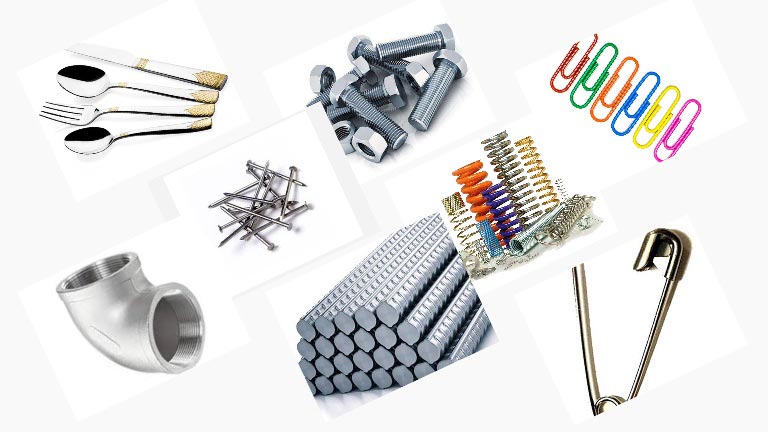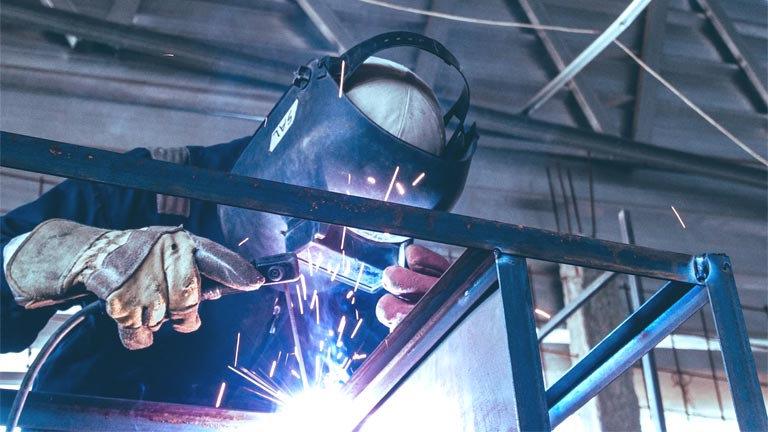
Choosing the right heat exchanger for common electrical cooling needs has become a typical practice of companies in many industries. In a lot of cases, a basic heat exchanger can help companies lower their overhead costs. But electrical, and thermal management has changed significantly over the years, and the design of heat exchangers has evolved right along with them. Currently, heat exchangers can meet more sophisticated electrical cooling needs. It is crucial to select the best heat exchanger for a given application. It is crucial to collaborate with a reputable heat exchanger manufacturer to ensure you are getting the right equipment for your needs.
Examine the design of the application thoroughly
When selecting the correct heat exchanger for an application, the first step is to examine the design from all angles. You must factor in how it will perform in different areas, including thermal management, electrical engineering, and design and manufacturing. The heat exchanger must meet the operating parameters of the application. It must also fit into the physical space allocated for it so it can provide optimal cooling efficiency. Data from this analysis will help you decide the type of heat exchanger and cooling options that best fit your business’s applications.
Quantify advantages of ambient cooling
Ambient cooling provides more than enough to meet a system’s cooling requirements. Ambient cooling keeps temperatures within electrical enclosures just above the temperature outside of them. Optimal temperature can be accomplished with efficient and eco-friendly methods. One example is cooling the fluid to absorb and transfer electrical heat. Switching from traditional cooling systems such as air-conditioning to more natural ambient cooling can impact energy maintenance and operations.
Factor in thermal management needs
After applying the best heat exchangers for an application, a business will immediately reap the benefits of mitigated costs and a more streamlined electrical cooling system. But during the design phase of the system, consider areas where thermal management can be optimized and whether the right heat exchanger can help. As an example, a majority of businesses utilize an in-house wastewater treatment method. It requires a consistent heat application. Heat exchangers can be tweaked to transfer electrical waste heat collected to other operations such as the treatment of wastewater.
Materials and components of the heat exchanger
There are various components that can be used in heat exchangers. Heat exchangers can also be constructed with a wide range of materials. The intended application of the heat exchanger will dictate the components and materials to be used.
Typical components used in heat exchangers are shells, plates, and fins.
Metals are extremely suitable and commonly used in heat exchangers because of their high thermal conductivity. Good options are copper titanium and stainless steel. Heat exchangers can also be constructed from materials such as ceramics, plastics, and graphite. These offer great advantages depending on the requirements of the application.
Costs
The final cost of the heat exchanger will not only be determined by the price of the equipment. You should also factor in the installation, operation, and maintenance costs. Although it is necessary to choose a heat exchanger that matches the application’s requirements, it is also crucial to factor in the overall cost to determine if the device can cover the investment. For example, a heat exchanger may be initially expensive, but it is durable, resulting in lower maintenance costs. In contrast, cheaper heat exchangers may be less expensive upfront but will require repairs and replacements over the years. Ensure you consult with a reputable heat exchanger manufacturer in your industry who can offer you a range of options.
Conclusion
Determine the right heat exchanger for applications in your business. Investing in a heat exchanger can help you mitigate overhead costs and streamline processes. Factor in how much you are willing to invest and get an honest appraisal from a heat exchanger manufacturer on how a product will perform in the long term.




